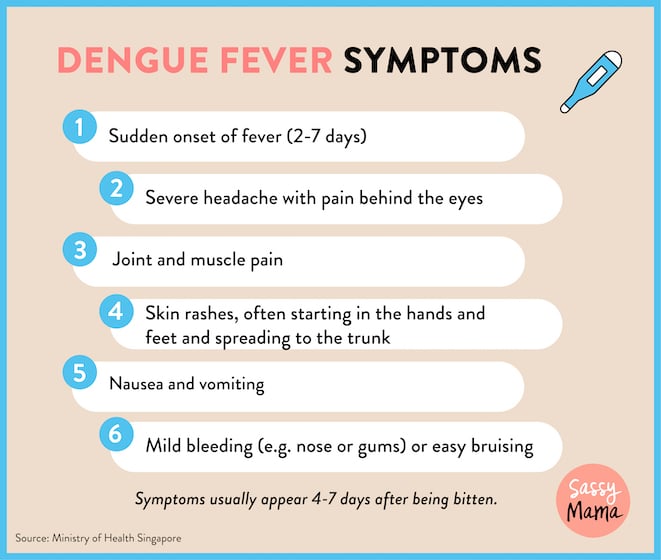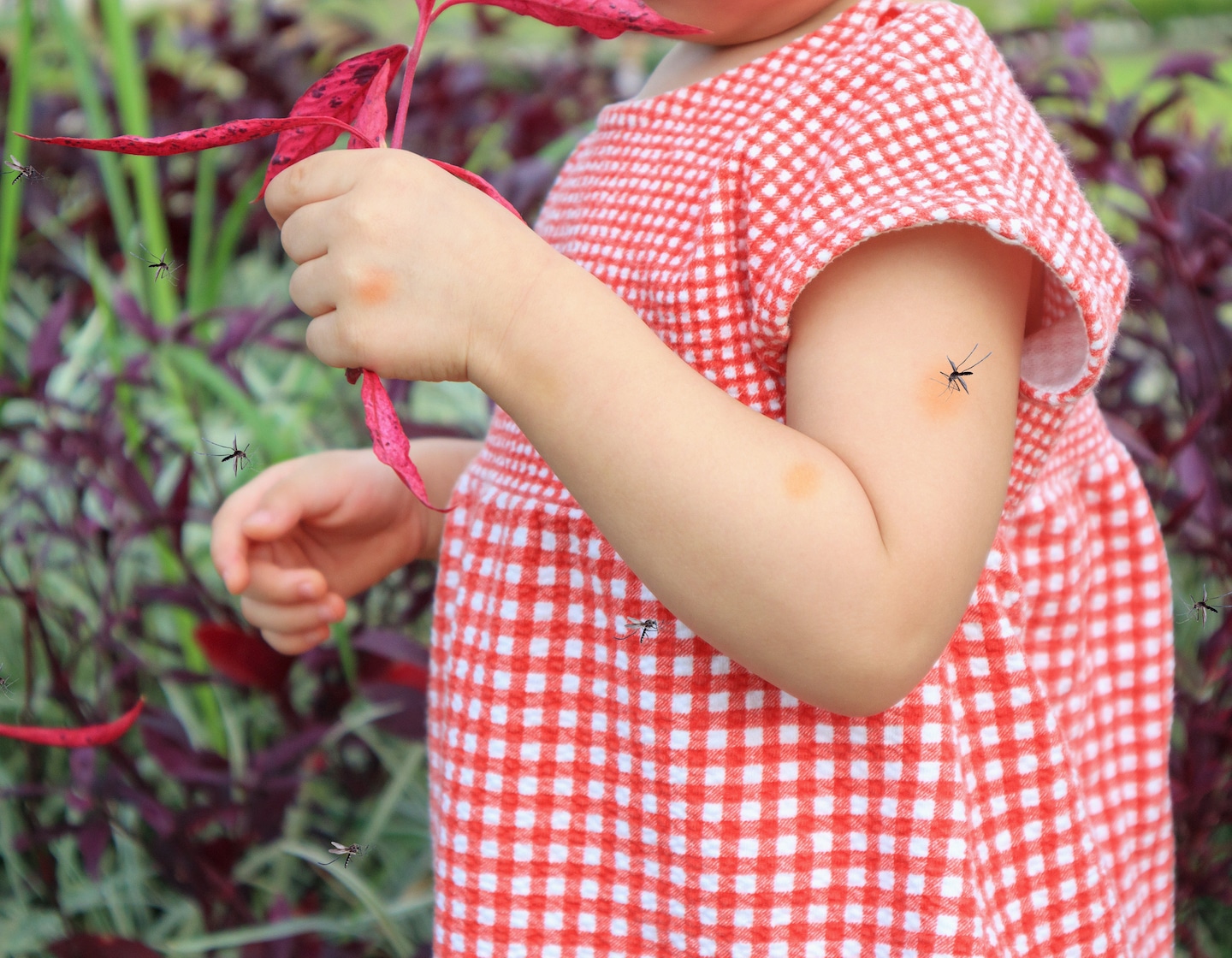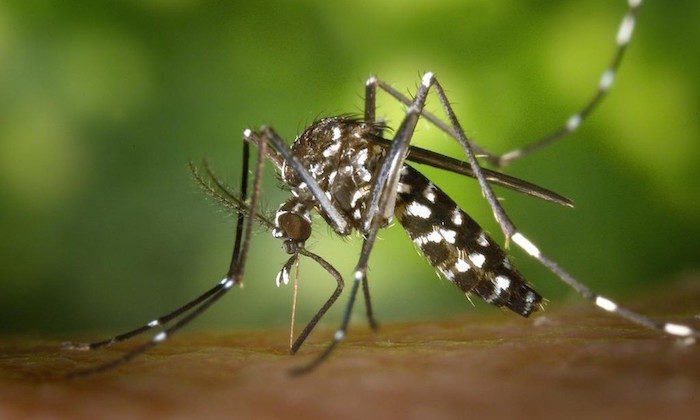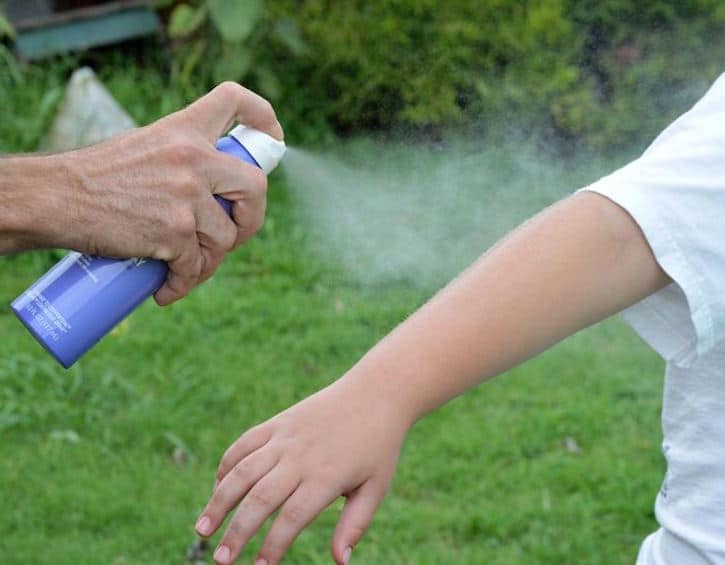
There is a risk of a surge in dengue cases in Singapore. Here are the dengue symptoms to watch for and tips on how to prevent dengue fever (plus what to know about Zika in Singapore).
The National Environment Agency (NEA) has reported 213 new dengue cases from 27 August to 2 September 2023, which was a 15 increase from the week before. Toa Payoh remains one of the largest clusters in Singapore, with a total of 496 total cases from the estate alone this year. Additionally, the 24 Zika cases reported this year call for immediate concern. Warmer months often see higher dengue cases, so it is essential that we take precautions to prevent infections and help curb the outbreak. Rather than panic, there are things within your control that you can be aware of to try to prevent getting dengue (more on that below).
Read More: Peak Dengue Season Warning: “Both my kids got Dengue fever in Singapore”
Dengue in Singapore in 2023
- 213 dengue cases were reported in the week ending 2 September 2023, 15 cases more than in the previous week.
- 44 active dengue clusters, of which 12 were with red colour alert (i.e. clusters with 10 or more cases), were reported as of 4 September 2023.
- The 319-case dengue cluster at Lorong 1 Toa Payoh has a relatively fast transmission rate and remains one of the largest clusters in Singapore.
- 24 Zika cases have also been reported this year to date. The 15-case Zika cluster at Highland Walk / Kovan Rd / Kovan Rd (The Bently Residences@Kovan) / Upp S’goon Rd is closed and under surveillance. Residents in the Zika cluster area, especially pregnant women, are advised to take measures to prevent mosquito bites and seek medical attention if unwell.
- Click here to see if you live in a Zika cluster.
Read more: “I Caught Dengue While Pregnant and Ended up in ICU – it Was Horrendous”
How to check if you live in a dengue cluster
There are three alert levels for dengue:
- high-risk “red alert” clusters with 10 or more cases
- high-risk “yellow alert” clusters with less than 10 cases
- “green” zones where there have been no new cases.
Click here to see if you live in a dengue cluster.

Family physician Dr. Cheryl Kam shares more info about this mosquito-transmitted disease and what we can do to protect our families, including symptoms and key ingredients to look out for in mosquito repellants.
Read More: Where to Find Telemedicine Services & House Call Doctors
What is Dengue and how is it transmitted?
Dengue is a virus transmitted by the saliva of the Aedes (day biting) mosquito – she’s black with white stripes as seen above.
There are four subtypes of dengue virus and a single mosquito can carry multiple strains of the virus. Dengue fever tends to occur fairly quickly (4-8 days) after being bitten by an infected Aedes mosquito. Mosquitos are infected after they’ve bitten someone who either has dengue fever incubating in their blood stream, or is actively unwell with the disease.
Many people do not remember the actual mosquito bite that caused their dengue fever so it’s worth keeping dengue in mind if you are displaying any symptoms, live in an area where other cases have been reported, or have travelled to a dengue endemic area such as Thailand, India, Indonesia and Brazil recently.

Typical dengue symptoms include:
- A sudden fever that comes and goes
- Headache, nausea and vomiting
- Bone pain and/or deep muscle pain
- Swollen lymph nodes
- A typical homogenous pink rash, often starting in the hands and feet, spreading to the trunk.
It’s worth noting that having a fever with other symptoms like a cough, runny nose, ear pain, or pain on urinating often points to other infections (rather than dengue).

Dengue Fever Diagnosis
This is done by a careful clinical history and examination, along with confirmatory blood tests.
Once dengue is diagnosed, you may need to monitor your platelets and liver function via serial blood tests throughout the course of the fever, which typically lasts 7 days. Treatment is mostly supportive as there are no specific medications you can take. 1% of dengue cases are severe, thus your doctor will want to keep a close eye on you to be able to catch any complications early.
How to prevent dengue?
The best strategy is to tackle the problem at its root by preventing mozzies from multiplying in your home.
Here are some steps:
- Do a thorough check of your place and remove all stagnant pools of water. These are a breeding ground for mosquitos. Pay close attention to flower pots, leaves, air-conditioning trays, and roof gutters.
- Change vase and flower pot water every alternate day, including scrubbing the sides of the vase and pots and around the roots of flowers where eggs can stubbornly stick to.
- Loosen blocked drains and leaves as these can collect water.
- Be co-operative when the National Environmental Agency (NEA) comes to inspect and fog your area.

The facts on mosquito repellant in Singapore…
- DEET concentrations indicate how long the repellant lasts. As a general rule, 6% DEET lasts 2 hours and 20% DEET lasts 6 hours before it needs reapplying.
- DEET of up to 30% can be used safely in children older than 2 months.
- There is rarely a need to go above 35% DEET, however the Centre for Disease Control and Prevention recommends using 35% for malaria prevention. Any higher is associated with higher levels of skin irritation and toxicity.
- Only apply DEET to exposed skin and clothing, not on areas covered by clothing as toxicity is increased by spraying DEET then covering the area with clothing (CHI has written more about DEET in this brochure).
- Other repellants include Picaridin 7%, which lasts 2 hours and is less irritating and smelly. It is equivalent to using DEET 10%. Sawyer is a popular brand in the U.S. that contains Picaridin and is available to ship to Singapore via Amazon. Moz Away is another brand available locally that contains Picaridin, though both Guardian and Watson’s are currently sold out.
- Lemon Eucalyptus oil 30% is also equivalent to 10% DEET.
- Citronella oil, sold as a mozzie repellant, has the least anti-mosquito activity, and lasts a mere 5 minutes before reapplication is required. Using patches may help however they may also result in bites on the legs if the patch has only been applied on the shirt collar.
- If you’re using sunscreen, apply it before applying your mosquito repellant.
The key to tackling dengue is awareness and good prevention — and don’t forget to call the NEA if you suspect there may be more mosquitos in your area than normal!
If you think you or your loved ones might be suffering from dengue fever, don’t delay and seek medical attention as soon as possible. It’s better to suspect and have it turn out to be nothing than let it linger and get worse
Useful info and links to help you keep track of dengue outbreaks in Singapore:
- HealthHub’s Dengue Information page
- NEA’s Dengue Clusters Map
Read More: Where to Find Telemedicine Services & House Call Doctors






 View All
View All




 View All
View All









 View All
View All







